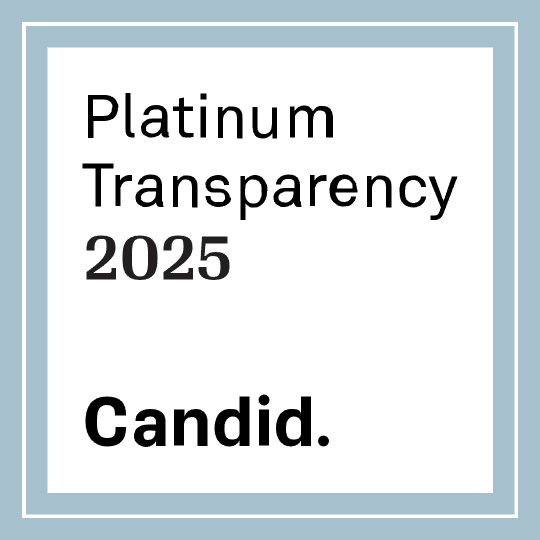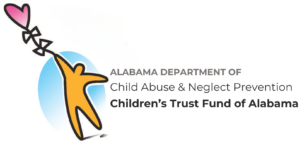 Marijuana is one of the most abused substances in the United States. In 2018 alone, more than 11.8 million young adults reported using marijuana within the last year.[1] While many states have legalized marijuana for medical and even recreational use, it is still illegal on the federal level.
Marijuana is one of the most abused substances in the United States. In 2018 alone, more than 11.8 million young adults reported using marijuana within the last year.[1] While many states have legalized marijuana for medical and even recreational use, it is still illegal on the federal level.
Cannabis products contain two psychoactive compounds: tetrahydrocannabinol (THC) and cannabidiol (CBD). CBD is often sold in the form of topicals or tinctures, which are used by many Americans for medicinal reasons. THC, however, is the component in marijuana that gets people high. In marijuana, the form of THC that produces psychoactive effects is delta-9-tetrahydrocannabinol or delta-9 THC.
Delta-9 THC is not the only type of THC that can produce psychoactive effects, though. Delta-8 THC is another form of THC that is often referred to as “marijuana-lite” or “diet weed.” [2]
Over the last year, delta-8 products have secured themselves a place on the shelf at boutique weed dispensaries, convenience stores, and vape shops across the United States. But what is the truth behind these products, and are they safe for youth and young adults to consume?
What is Delta-8 THC?
Delta-8 THC is a naturally occurring cannabis compound that is found in small traces of hemp products. It is very similar to delta-9 THC, which is the main compound in marijuana that produces feelings of euphoria, happiness, sedation, and a “high.” Delta-8 is often sold in the form of vapes, flowers/buds, or gummies (edibles).
Side effects of delta-8 may include:[3]
- Mild euphoria
- Sleepiness
- Dry mouth
- Red eyes
- Increased hunger
- Short-term memory impairment
Delta-8 works in a similar way as delta-9 THC. It binds to the endocannabinoid receptors in the body, producing hallucinogenic, depressant, and stimulant-like effects. The main difference between delta-8 and delta-9 is that people, who use delta-8, report fewer negative side effects like anxiety or paranoia. It is sometimes described as “a lighter, more energizing high than traditional delta-9 THC.” [3]
Is Delta-8 Legal?
Part of the reason why delta-8 use is on the rise is that it is not regulated in the same way delta-9 THC is. The legality behind delta-8 is in a somewhat grey area.
In 2018, Congress passed the Farm Bill. The 2018 Farm Bill made it so hemp could be legally grown and used for extractions across the United States. It also differentiates between hemp products and marijuana products, making hemp legal on a federal level without affecting the legal status of marijuana.
The Farm Bill defines hemp as “derivatives, extracts, cannabinoids, isomers, acids, salts, and salts of isomers, whether growing or not, with a delta-9 THC concentration of not more than 0.3 percent.” [4] Since delta-8 THC does not contain any delta-9 THC, delta-8 is legal on a federal level.
This Farm Bill allowed delta-8 THC products to begin hitting the shelves of local stores and falling into the hands of American youth. According to Leafly, only 11 states have directly addressed the legality of delta-8.[3] In the other 39 states, people, who live in places where recreational and/or medical marijuana is illegal, may choose to purchase delta-8 instead of marijuana to avoid legal repercussions.
What About Delta-10 THC?
While delta-8 THC is quickly gaining popularity, another form of THC has also begun hitting neighborhood shelves. Delta-10 works in the same way as delta-8 and delta-9 do, however, it produces slightly different effects. Delta-8 is usually described as a gentler high that relaxes the body and mind. However, delta-10 is known for having stronger cerebral effects.
Delta-10 THC produces less of a body high and more of a head high, but the high is still not as strong as what is produced by recreational marijuana.
 David, a researcher from ACS Laboratory, a cannabis and hemp testing laboratory, explained that he would compare delta-10 to a sativa strain, while delta-8 is more of an indica.” [5] Sativa marijuana strains are known for producing uplifting, “head highs.” Indica strains are known for producing relaxing, “body highs.” David also explains companies are ramping up production of delta-10 THC to keep up with the increasing demand.[5]
David, a researcher from ACS Laboratory, a cannabis and hemp testing laboratory, explained that he would compare delta-10 to a sativa strain, while delta-8 is more of an indica.” [5] Sativa marijuana strains are known for producing uplifting, “head highs.” Indica strains are known for producing relaxing, “body highs.” David also explains companies are ramping up production of delta-10 THC to keep up with the increasing demand.[5]
Are Delta-8 and Delta-10 THC Safe?
Although delta-8 and delta-10 THC have been around for decades, they are fairly new products when it comes to human consumption. As a result, there is a lack of research and evidence regarding how these products impact a person’s overall health. Many people do report that they can use these products without feeling the negative side effects they sometimes feel with marijuana. That does not mean the substance is completely risk-free.
Negative side effects have been reported with the use of delta-8, including:[2]
- Confusion
- Anxiety
- Drowsiness
- Slow heart rate
- Numbness
- Fast heart rate
- Low blood pressure
It is also important to note that delta-8 and delta-10 products are not regulated by the FDA. There is little oversight and lab testing on these products, so they may contain unknown impurities. Regardless of the legal status, delta-8 and delta-10 products still get people high and affect their perceptions–and no substance is entirely risk-free.
If you have a history of drug abuse and addiction, using any type of THC product is not recommended. If you do decide these substances are right for you, it is important to use them responsibly, and seek medical attention in the event of adverse health effects.
References:
- https://www.drugabuse.gov/publications/research-reports/marijuana/what-scope-marijuana-use-in-united-states
- https://www.webmd.com/mental-health/addiction/what-is-delta-8
- https://www.leafly.com/news/science-tech/what-is-delta8-thc
- https://www.fda.gov/news-events/congressional-testimony/hemp-production-and-2018-farm-bill-07252019
- https://acslabcannabis.com/blog/research-development/what-is-delta-10-thc-and-why-do-i-need-to-know-about-it/









